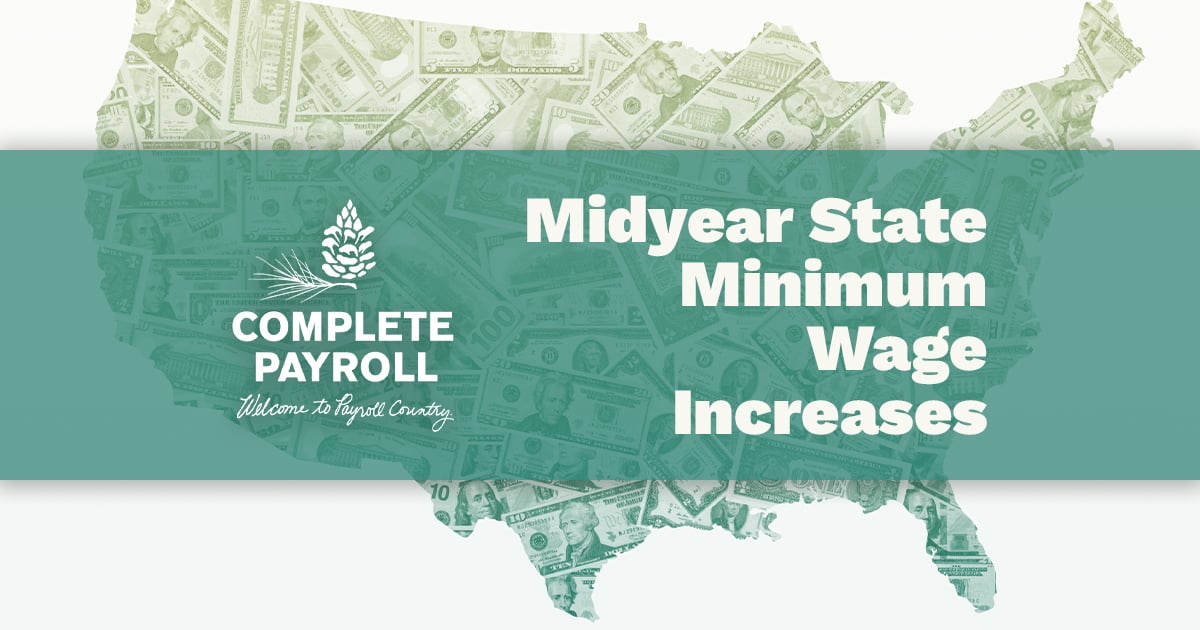NYS Pay Practices
Overview of Law
- At least semimonthly on regular paydays the employer chooses in advance for clerical and other workers
- At least weekly for manual workers, with certain exceptions
- At least weekly for railroad workers, except for executive employees
- At least monthly for commissioned salespeople
- At any agreed-upon interval for bona fide executive, administrative, or professional employees who earn more than $900 a week
Notices
Upon hire, employees must be informed of the following in writing in their primary language:
- Their rate of pay
- The basis of pay (such as by the hour, shift, day, week, salary, piece, or commission)
- Allowances claimed as part of the minimum wage (such as tip, meal, or lodging allowances)
- The day-wages are paid
- The employer’s name, including any name the employer, is “doing business as”
- The address of the employer’s main office or principal place of business and, if different, mailing address
- The employer’s phone number
- Their rate of overtime pay for nonexempt employees
Employers must have employees sign that they received this information and keep the record for at least six years. In addition, employers must provide employees with seven calendar days’ advance written notice should any of the information change.
Employers must provide employees with any policies and practices regarding wages and benefits by posting them in a prominent location or providing them in writing to individual employees.
Timing of Pay
The timing of when employers must pay wages depends on how often employees are paid, as follows:
- Within seven calendar days for manual workers, unless an exception applies
- By the Thursday of each week for wages earned during the seven-day period ending on the Tuesday of the previous week for railroad workers
- By the last day of the month after the month, the wages were earned for commissioned salespeople
Pay Statement
Employers must provide the following information with an employee’s wages:
- Beginning and end dates of the pay period
- The employee’s name
- The employer’s name
- The employer’s address and phone number
- Their rate of pay
- The basis of pay (such as by the hour, shift, day, week, salary, piece, or commission)
- Gross wages
- Itemized deductions
- Allowances claimed as part of the minimum wage (such as tip, meal, or lodging allowances)
- Net wages
- Nonexempt employees must also receive the following information:
- The regular hourly rate
- The overtime rate
- The number of regular hours worked
- The number of overtime hours worked
- If piece rates are used, the number of pieces completed at each rate
- Railroad workers must also receive the following information:
- Accrued total earnings
- Accrued total taxes
- Daily wages
- How the employee’s wages were computed
Employers may not use any portion of an employee's Social Security Number as an employee identifier.
Direct Deposit
Employers may pay an employee by direct deposit if the employee agrees in writing in advance and can choose which bank their wages are deposited into. Bonafide executive, administrative, and professional employees who earn more than $900 a week do not need to agree in advance.
Public employers may pay their employees by direct deposit upon written request.
Spread of Hours
Spread-of-hours pay is extra pay due when the length of time between the beginning and end of a workday is greater than 10 hours. The length of time includes any time off-duty, including meals, rest periods, or time between shifts. All non-exempt employees who work a covered spread of hours in a single workday are entitled to one additional hour’s pay at minimum wage for that day. The spread-of-hours pay is not overtime pay but is essentially a penalty for a shift that begins and ends more than 10 hours apart.
According to the New York Department of Labor, on any day that an employee works a "spread of hours," they must be paid at a minimum: the minimum wage for such hours together with an additional hour of pay at the minimum wage. If, however, the employee's regular wages for those hours worked is equal to or greater than this "spread of hours pay," no additional wages need be paid.
Here is an example of this concept: An employee works from 7:00 a.m. to 5:30 p.m., with two unpaid 30-minute meal breaks. The employee has worked 9.5 hours over a 10.5-hour spread. Spread-of-hours pay would be due in this scenario only if the total wages paid to the employee are not equal to or greater than the total due for: all hours at the minimum wage plus one additional hour at the full minimum wage.
This means that employees who make significantly more than minimum wage generally do not qualify for spread of hours compensation.
Got a labor law question?
Our team helps employers with labor law compliance every day. Complete the form below to ask a question or request some help.
General Disclaimer
The materials and information available at this website and included in this blog are for informational purposes only, are not intended for the purpose of providing legal advice, and may not be relied upon as legal advice. The employees of Complete Payroll are not

















